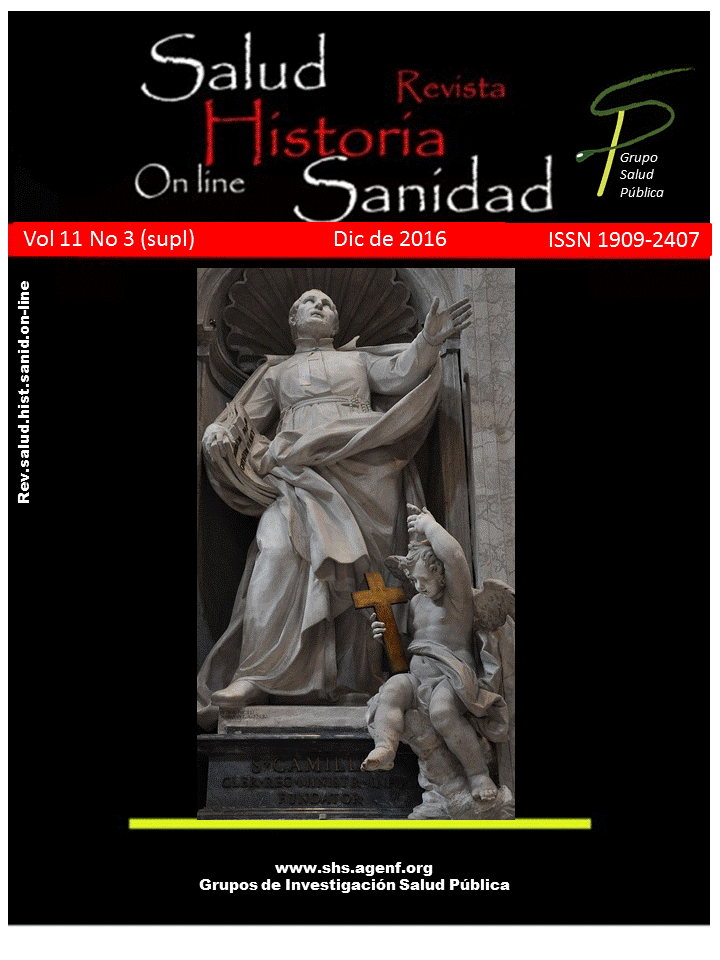Abstract
RESUMEN
Indagar sobre los significados del juego en el recreo, en niños y niñas de primaria, es el interés de la temática describe el presente artículo; en este trabajo investigativo, se aborda el juego como estrategia para fortalecer la integración, como espacio de posibilidad para observar la necesidad de conocer, explorar y manejar asertivamente las emociones, las cuales facilitarán al niño la incorporación a la vida social. Se privilegia el afecto como elemento integral del juego, al disfrutar con las actividades que generan interacción entre los estudiantes y maestros, como otra manera de vivir la escuela, desde reflexiones a partir del enfoque socio crítico de tipo cualitativo etnográfico, proceso que permitió hallar categorías de análisis como Integración, Motivación, participación y creatividad, dentro de un ejercicio riguroso y disciplinado del seguimiento a la información registrada en los instrumentos elaborados.
Finalmente, se encontró que los espacios de recreo favorecen la interacción social entre los niños y las niñas, donde sucede el verdadero aprendizaje social y en donde los juegos potencializan la participación libre en las actividades lúdicas.
Palabras clave: Escolares, juego, lúdica, recreo.
ABSTRACT
The purpose of this study was to investigate the meanings of the game at playtime enrolled in primary school children. Different studies have addressed the game as strategies to strengthen integration. It delves into the field of recreation as a strategy to observe the need to know and control emotions of the game that allows the child joining the social life. Affection privileges as an integral element of the game to enjoy the activities that generate interaction between students and teachers, as another way of living school. Method: the focus is social critic ethnographic qualitative. The objects of study were 45 students of both genres from the fourth grade and fifth grade. Results: the integration, motivation, participation and creativity categories argue that the work of field observation and annotation of interviews students. Conclusions: games innovated and caused new expectations encouraging socialization and participation in ludic and play during recess in school activities.
Keywords: scholars, ludic, games, breaks.
